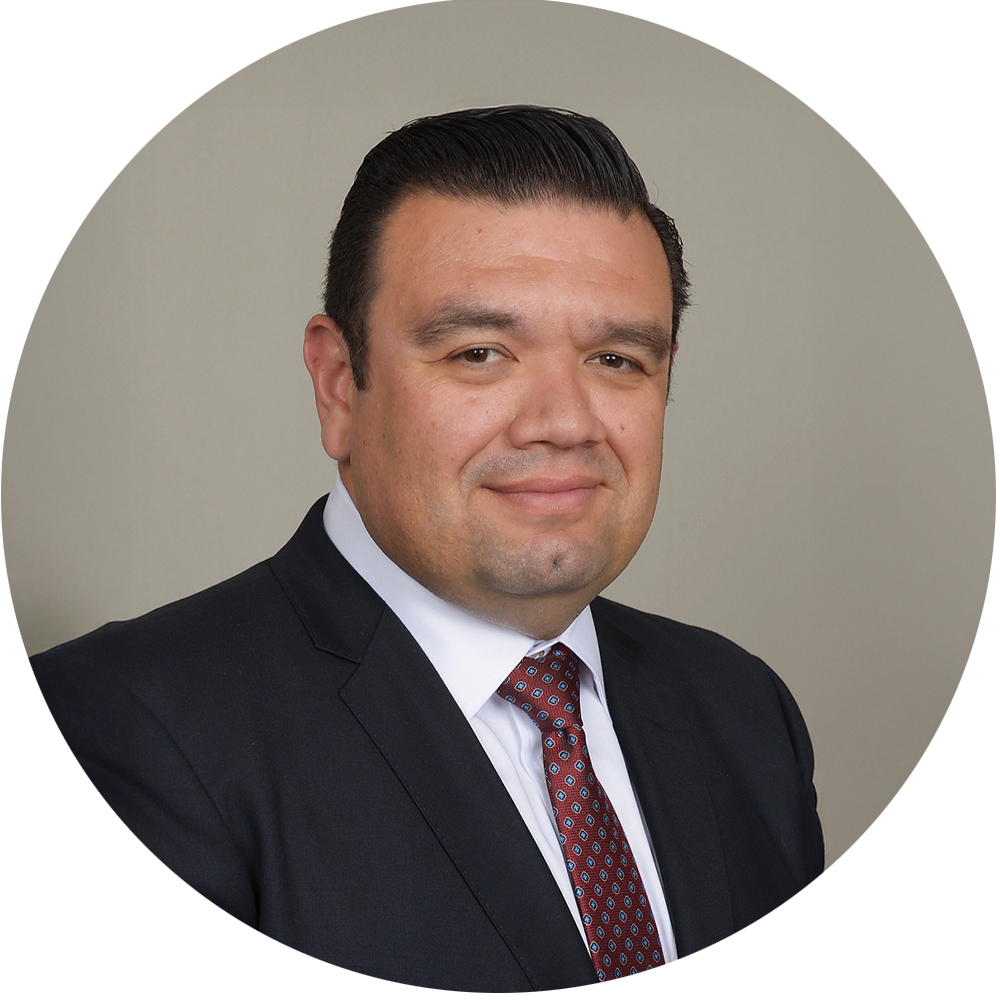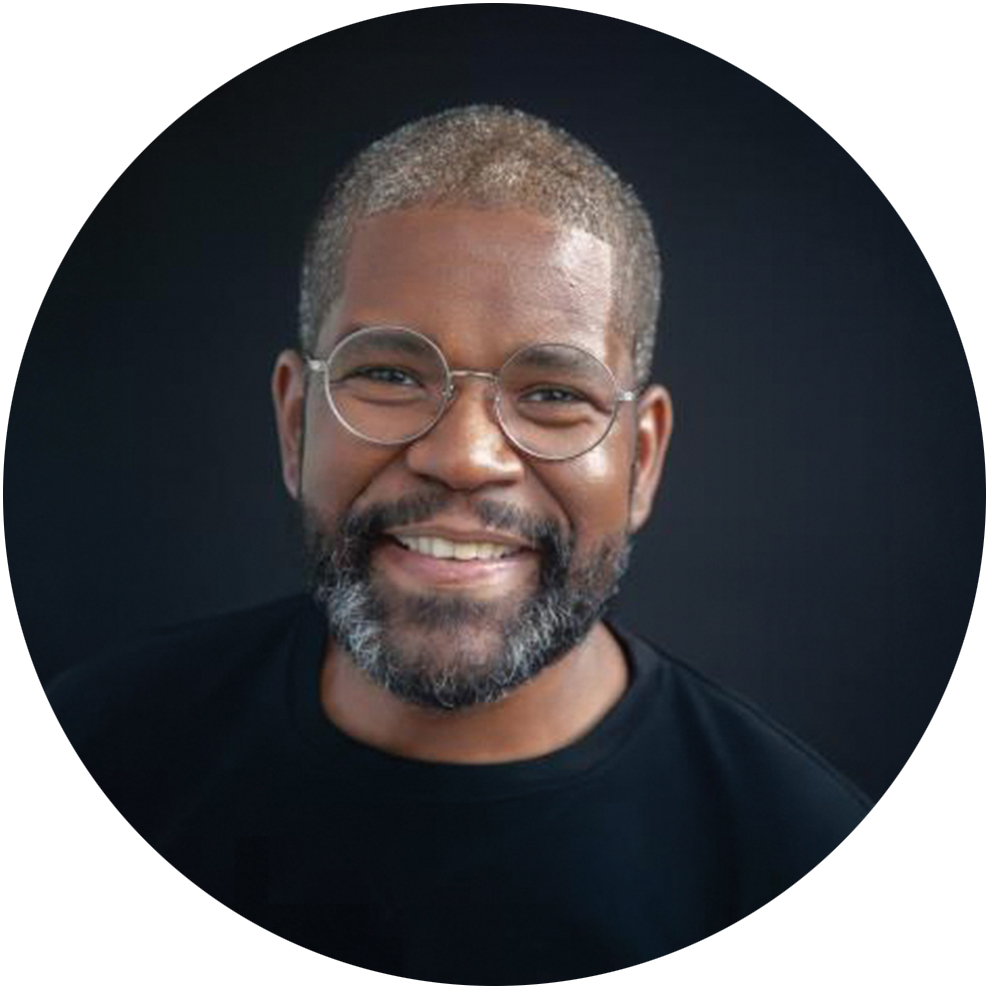A.S. Presidents: Where Are They Now?
Most everyone loves the concept of where are they now? To lean into that, we caught up with three past Associated Students presidents: Cody Barbo, Cesar Padilla (’95) and Ronald Williams II (’03). Here's what they've been up to since their time at SDSU.
By Paulina Castellanos Wade

Cody Barbo
Cody Barbo began his journey at SDSU in 2007 before ultimately finding his place in the business world. He wanted to build something from the ground up.
Now the cofounder and CEO of Trust & Will, Barbo helps families create online estate plans, including wills, trusts and health care directives. Since its founding seven years ago, the company has helped more than 1 million users. It has also raised more than $75 million in venture capital and is valued in the hundreds of millions.
As Associated Students president (’11–’12), Barbo helped lead a $100 million project to build the Conrad Prebys Aztec Student Union. He developed the skills to pitch a broad audience of stakeholders and deepened his SDSU connection.
“There are so many parallels between what I do now and what I learned at SDSU,” Barbo says. “Being A.S. president and CEO at 21 years old gave me the confidence to take control of my own destiny.”
After his time at SDSU, Barbo served on the SDSU Alumni board of advisers for six years and was just named a 2025 Rising Aztec (see back cover).
In addition to naming SDSU in his estate plan, he recently donated $1 million to support the Zahn Innovation Platform Launchpad. Now living in Dallas with his wife, Mystique McCormick (’12), Barbo still considers SDSU his “home away from home.”

Cesar Padilla (’95)
The SDSU connection runs deep in Cesar Padilla’s family. Padilla (’95, international business) met his wife, Mary, at the university, and all three of their children are alumni. His daughter Calixta Padilla (’22) recently graduated with a bachelor’s and master’s degree from SDSU. “We’re all Aztecs for life,” says Cesar Padilla, who serves on SDSU Alumni’s board of advisers. “SDSU is more than just a school—it’s a part of who we are.”
At SDSU, Padilla was a member of several student organizations, including the Movimiento Estudiantil Chicano de Aztlán (MEChA) and the Mexican American Business Association. He also represented the College of Arts and Letters on the Associated Students Council. He was elected A.S. vice president of finance and later became the A.S. president (’94–’95).
Edward Jones recruited Padilla out of SDSU, and he has built a successful career in financial advising. Today, he makes financial planning accessible to San Diego and his community in Chula Vista.
Padilla’s financial guidance has helped families send their children to college, purchase homes, secure their financial futures and leave lasting legacies. One of his proudest achievements is working with multiple generations of families, some of whom now include the great-grandchildren of his original clients.

Ronald Williams II (’03)
Ronald Williams II (’03, political science) is a historian, writer and former professor. While at SDSU, he minored in Africana Studies, which deepened his intellectual interests and led him to pursue an M.A. in political science at Howard University and a Ph.D. in African American Studies at the University of California Berkeley.
Williams, a first-generation college student who served as Associated Students president (’01–’02) at SDSU, believes in the importance of accessible public education as a tool for social mobility and change. This guided his career path and work as a professor of African American Studies at the University of North Carolina at Chapel Hill from 2013 to 2024. Outside of the academy, he has held leadership roles in finance and operations in municipal government and higher education and has served on several nonprofit boards.
Most recently, Williams received a coveted Whiting Creative Nonfiction Grant for 2024 to support the completion of his book “Black Embassy: TransAfrica and the Struggle for Foreign Policy Justice,” which is an institutional history of TransAfrica, an African American foreign policy advocacy organization, he has worked on for almost 20 years. It is scheduled to be published by University of North Carolina Press in 2027.
